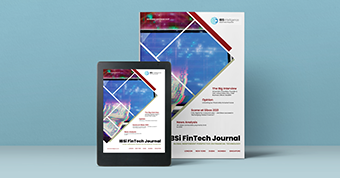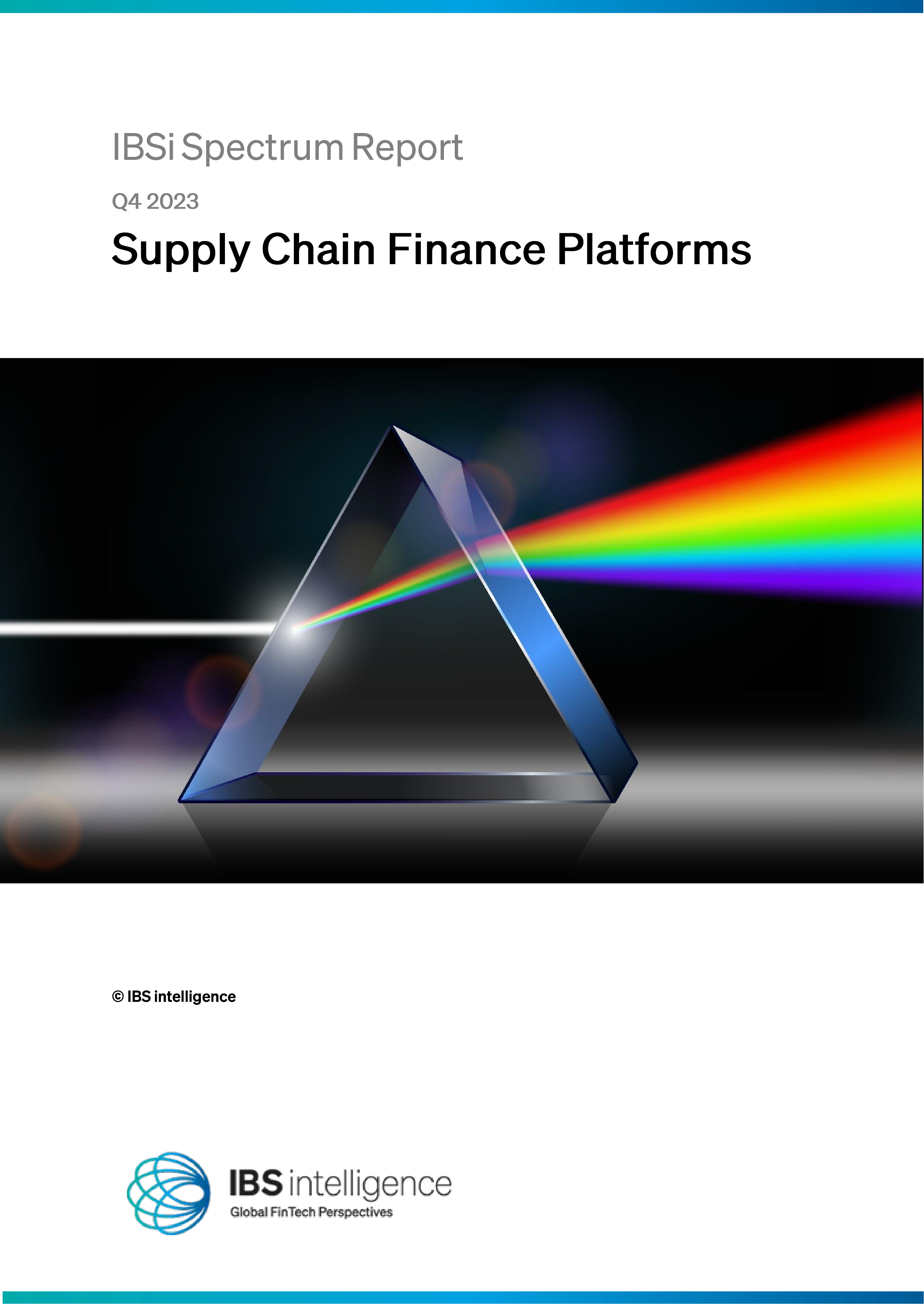 Back
Back
RBI and ASEAN countries to create platform for instantaneous cross-border payments
By Puja Sharma
 The Reserve Bank of India (RBI) is joining Project Nexus, a multilateral initiative led by the Bank for International Settlements (BIS). (RBI press release on 1st Jul’24).
The Reserve Bank of India (RBI) is joining Project Nexus, a multilateral initiative led by the Bank for International Settlements (BIS). (RBI press release on 1st Jul’24).
The Reserve Bank of India (RBI) is set to join forces with ASEAN countries to facilitate instantaneous cross-border retail payments. This collaborative effort aims to interlink the Fast Payment Systems (FPS) of India and four ASEAN nations, creating a multilateral platform that will revolutionise cross-border transactions.
A Shift from Bilateral to Multilateral Connectivity
Historically, the RBI has engaged in bilateral collaborations with various countries to link India’s Unified Payments Interface (UPI) with their respective FPSs. These bilateral arrangements have enabled seamless Person-to-Person (P2P) and Person-to-Merchant (P2M) payments across borders. However, recognizing the potential for broader impact, the RBI is now embracing a multilateral approach. This strategy aims to enhance the international reach of Indian payment systems and provide a more cohesive and efficient framework for cross-border transactions.
Project Nexus: A Global Initiative
The RBI has officially joined Project Nexus, an international initiative spearheaded by the Innovation Hub of the Bank for International Settlements (BIS). Project Nexus aims to connect the FPSs of India with those of four ASEAN countries—Malaysia, the Philippines, Singapore, and Thailand. These nations, along with India, will serve as the founding members and first movers of this groundbreaking platform.
Agreement and Collaboration
On June 30, 2024, an agreement was signed in Basel, Switzerland, solidifying the collaboration between the BIS and the central banks of the founding countries: Bank Negara Malaysia (BNM), Bank of Thailand (BOT), Bangko Sentral ng Pilipinas (BSP), Monetary Authority of Singapore (MAS), and the RBI. Indonesia, which has been involved in the project since its early stages, continues to participate as a special observer. The BIS has released a video and additional details on their website, providing further insights into the project.
Future Expansion and Impact
The multilateral platform, once operational, can be extended to include more countries, broadening its reach and impact. The platform is expected to go live by 2026. Upon its launch, Project Nexus will play a crucial role in making retail cross-border payments more efficient, faster, and cost-effective.
Benefits of the Multilateral Approach
- Efficiency and Speed: By interlinking domestic FPSs, Project Nexus will enable near-instantaneous cross-border payments, significantly reducing transaction times compared to traditional methods.
- Cost-Effectiveness: The platform aims to lower the costs associated with cross-border transactions, benefiting both consumers and businesses by reducing fees and improving overall affordability.
- Enhanced Reach: Moving from bilateral to multilateral connectivity will expand the international reach of Indian payment systems, facilitating smoother and more widespread adoption of UPI and other FPSs.
- Boost to Trade and Commerce: Faster and cheaper cross-border payments will enhance trade and commerce between India and ASEAN countries, fostering economic growth and strengthening regional ties.
The collaboration between the RBI and ASEAN countries marks a significant milestone in the evolution of cross-border payment systems. Project Nexus represents a forward-thinking approach to international finance, leveraging technology to create a seamless and efficient payment infrastructure. As the platform prepares to go live by 2026, it promises to transform the way cross-border payments are conducted, offering a glimpse into the future of global financial connectivity.
The Reserve Bank of India (RBI) is joining Project Nexus, a multilateral international initiative led by the Bank for International Settlements (BIS) Innovation Hub. This project aims to enable instant cross-border retail payments by connecting the Fast Payment Systems (FPS) of different countries.
Project Nexus is an initiative led by the BISIH (Bank for International Settlements Innovation Hub)that aims to make cross-border payments faster, cheaper, more transparent, and accessible. This is achieved by connecting domestic instant payment systems (IPS) of different countries, enabling seamless cross-border transactions
India and four ASEAN countries (Malaysia, Philippines, Singapore, and Thailand) are the founding members of this platform. The agreement was signed on June 30, 2024, and the platform is expected to be operational by 2026. Indonesia is also involved as a special observer.
This initiative will make cross-border retail payments more efficient, faster, and cost-effective. The platform can be expanded to include more countries in the future.
This collaboration between the RBI and ASEAN countries through Project Nexus is a significant step towards achieving faster, cheaper, and more accessible cross-border payments. It has the potential to change the way international transactions are conducted, benefiting individuals, businesses, and the global economy.
Key Takeaways:
Project Nexus: The Reserve Bank of India (RBI) is joining Project Nexus, a multilateral initiative to enable instant cross-border retail payments.
Collaboration: The project is a collaboration between the RBI and four ASEAN countries (Malaysia, Philippines, Singapore, and Thailand).
Goal: The goal is to connect the Fast Payment Systems (FPS) of these countries to facilitate seamless cross-border transactions.
Timeline: The platform is expected to be operational by 2026.
Benefits: Once implemented, Project Nexus will make cross-border retail payments faster, more efficient, and cost-effective.
IBSi Daily News Analysis
IBSi FinTech Journal

- Most trusted FinTech journal since 1991
- Digital monthly issue
- 60+ pages of research, analysis, interviews, opinions, and rankings
- Global coverage
Other Related News
July 17, 2024
Digital banking glitches drive younger generations away from traditional banks
Read MoreRelated Reports

Sales League Table Report 2024
Know More
Global Digital Banking Vendor & Landscape Report Q2 2024
Know More
NextGen WealthTech: The Trends To Shape The Future Q4 2023
Know More
IBSi Spectrum Report: Supply Chain Finance Platforms Q4 2023
Know More







